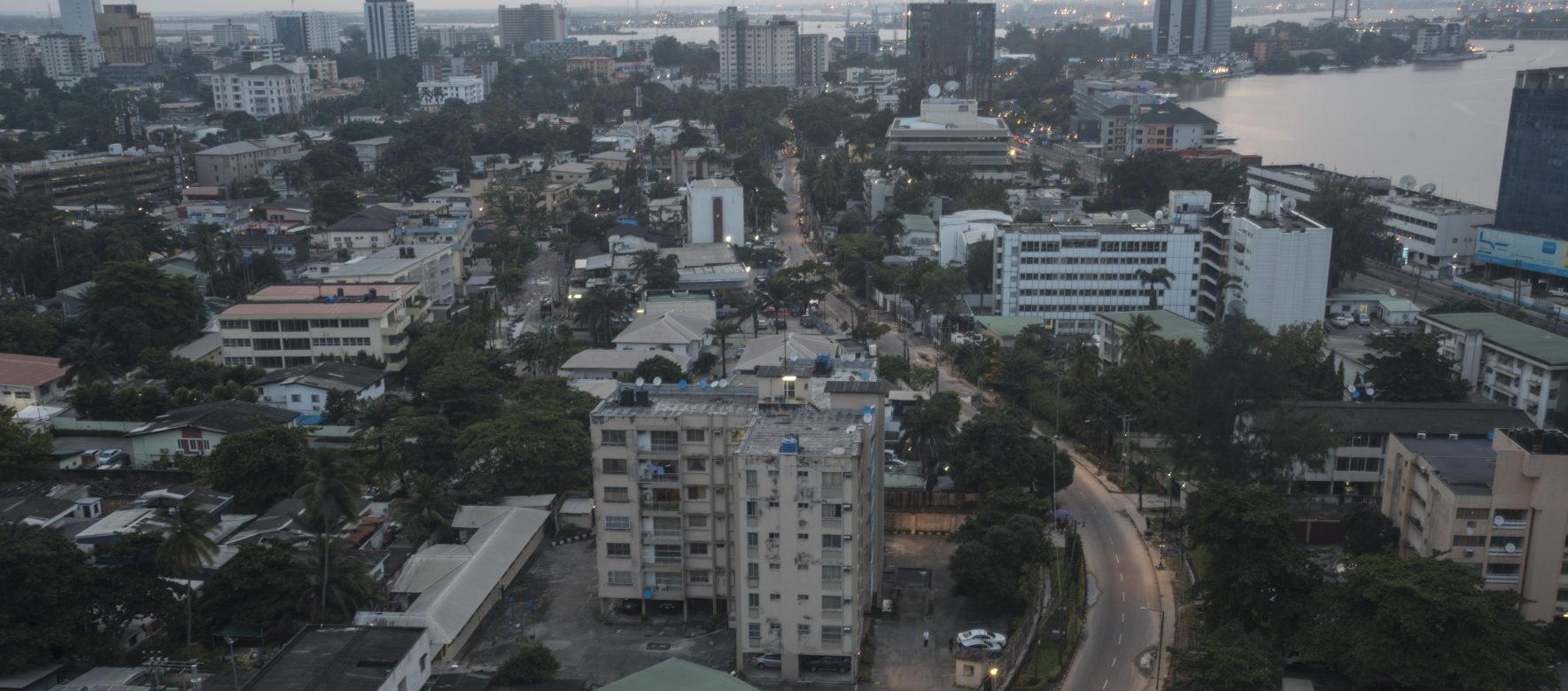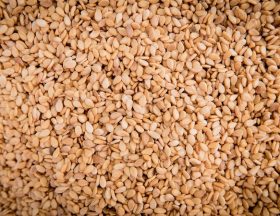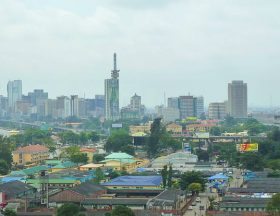The game of musical chairs at the top of the ranking of economic powers in Africa is essentially driven by strong currency devaluations, the persistence of high inflation and the rise in hydrocarbon prices.
Currency devaluations carried out in recent months in several African countries and the persistence of inflation are changing the ranking of the continent’s main economic powers, according to a report published on April 16 by the International Monetary Fund.
Entitled “World Economic Outlook April 2024”, the report specifies that Egypt, which had reached the rank of 1st African economy in 2023, should fall to 2nd place in 2024 while Nigeria should move from 2nd to 4th position. At the same time, South Africa will once again become 1st while Algeria will climb to 3rd on the podium, in particular thanks to the rise in hydrocarbon prices.
The IMF says Nigeria’s gross domestic product is expected to reach USD 253 billion this year, based on current prices. Algeria’s GDP is expected to be USD 267 billion. That of Egypt will be 348 billion USD compared to 373 billion USD for South Africa.
The most industrialized country on the continent should remain the 1st economic power on the continent until Egypt regains this title in 2027, while Nigeria, which was 1st until 2022, should remain in 4th place until 2028 , according to forecasts from the multilateral financial institution.
Nigeria and Egypt have seen their economic situations deteriorate due to high inflation and aggressive devaluations of their currencies in recent months. Unlike the Nigerian naira and the Egyptian pound, the value of the South African rand has long been set by the market. The national currency of the rainbow nation has lost only 4% of its value against the dollar since the start of the current year.
South Africa’s economy is also poised to benefit from improved energy supplies and plans to eliminate logistics bottlenecks. A member of OPEC+, Algeria continues to benefit from high oil and gas prices which were first driven by the Russian-Ukrainian conflict, then by rising tensions in the Middle East.























Réagissez à cet article